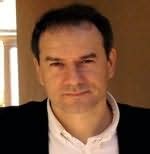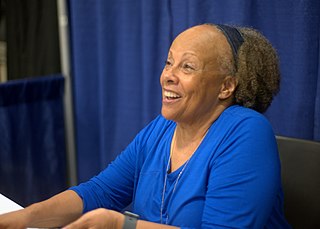A Quote by Thomas A. Edison
To those searching for truth -- not the truth of dogma and darkness but the truth brought by reason, search, examination, and inquiry, discipline is required. For faith, as well intentioned as it may be, must be built on facts, not fiction -- faith in fiction is a damnable false hope.
Related Quotes
[I]t is truth alone-scientific, established, proved, and rational truth-which is capable of satisfying nowadays the awakened minds of all classes. We may still say perhaps, 'faith governs the world,'-but the faith of the present is no longer in revelation or in the priest-it is in reason and in science.
In order to be truthful
We must do more than speak the truth.
We must also hear truth.
We must also receive truth.
We must also act upon truth.
We must also search for truth.
The difficult truth
Within us and around us.
We must devote ourselves to truth.
Otherwise we are dishonest
And our lives are mistaken.
God grant us the strength and the courage
To be truthful.
Amen
Belief, as I use the word here, is the insistence that the truth is what one would "lief" or wish it to be. The believer will open his mind to the truth on condition that it fits in with his preconceived ideas and wishes. Faith, on the other hand, is an unreserved opening of the mind to the truth, whatever it may turn out to be. Faith has no preconceptions; it is a plunge into the unknown. Belief clings, but faith lets go.




































